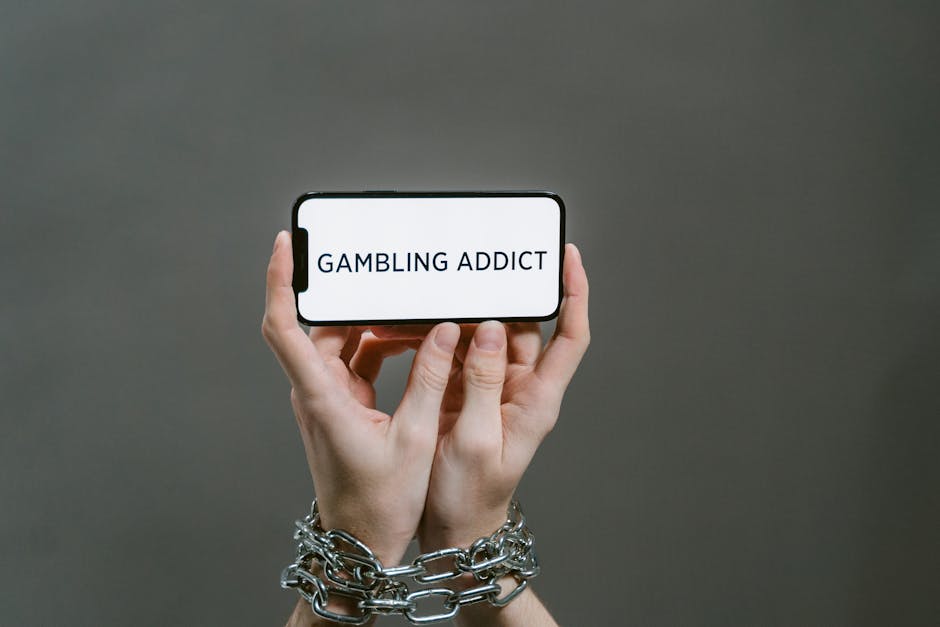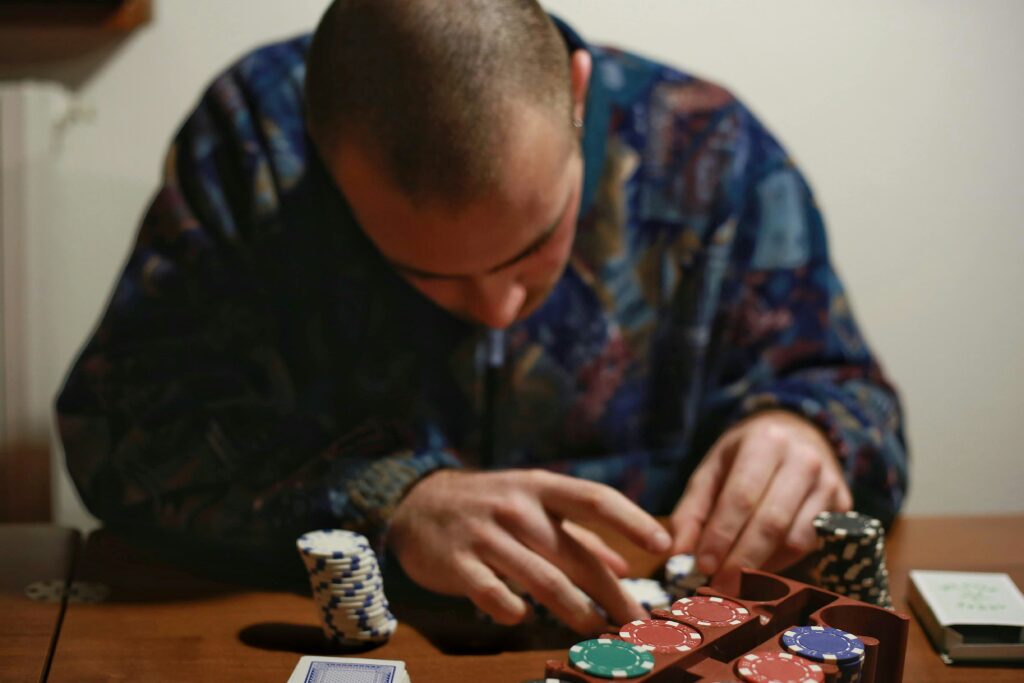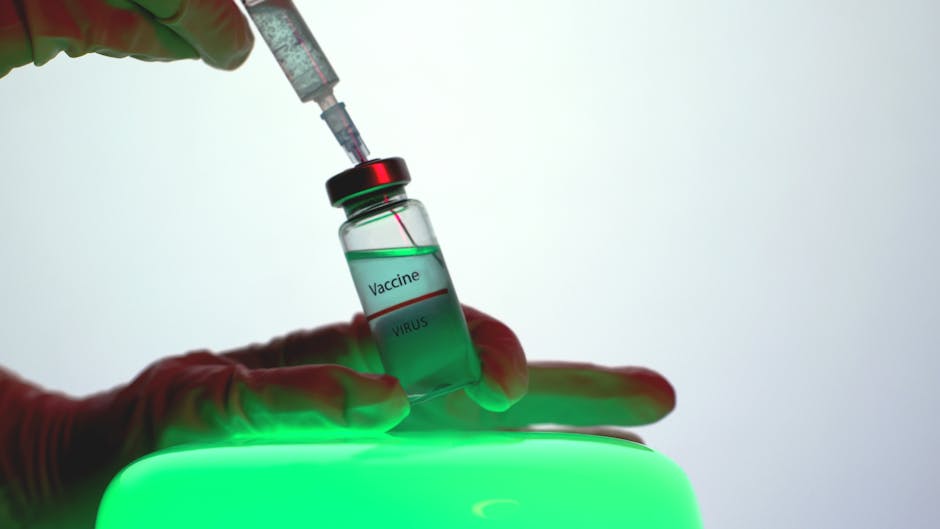As someone who has delved into the world of gambling addiction, I’ve come to understand the importance of recognizing the early warning signs before it’s too late. It’s crucial to be aware of the subtle cues that indicate a potential problem. From my own experience, I’ve learned that identifying these signs early on can make a significant difference in preventing a full-blown addiction.
In this article, I’ll share valuable insights into the red flags that may indicate a developing gambling addiction. By being vigilant and knowing what to look for, you can help yourself or a loved one seek the necessary support and intervention. Understanding these warning signs is the first step towards addressing the issue and taking control of one’s well-being.
Understanding Gambling Addiction
Gambling addiction, also known as compulsive gambling, is a serious disorder that can have a devastating impact on individuals and their loved ones. It is characterized by a persistent and uncontrollable urge to gamble, despite harmful consequences. Recognizing the key features of gambling addiction is crucial in addressing this issue effectively.
Definition and Key Features
I’ll outline the essential characteristics of gambling addiction. It involves the inability to resist the urge to gamble, leading to severe personal and financial repercussions. Individuals with a gambling addiction often experience intense cravings to gamble and may engage in risky behaviors to continue gambling, regardless of the negative outcomes.
When Gambling Becomes a Problem
Understanding when gambling crosses the line into addiction is vital. It becomes a problem when it starts to interfere with daily life, affecting relationships, work, and overall well-being. Individuals may lie about their gambling habits, experience mood swings related to gambling outcomes, and struggle to control or stop their gambling behavior. Recognizing these signs early can help prevent the escalation of gambling addiction.
Early Warning Signs of Gambling Addiction: What to Look For
In the early stages of gambling addiction, it’s crucial to pay attention to specific signs that may indicate a developing problem. Recognizing these indicators early can help prevent the escalation of compulsive gambling behaviors.
Financial Signs
When it comes to detecting potential gambling addiction, financial indicators play a significant role. Some key financial warning signs to look out for include:
- Consistently Gambling with Increasing Amounts: Gambling with larger sums of money over time can signal a growing addiction.
- Borrowing Money for Gambling: Resorting to borrowing money to fund gambling activities is a red flag.
- Neglecting Bills and Financial Obligations: Ignoring regular bills and responsibilities to prioritize gambling expenses is a clear financial warning sign of addiction.
Behavioral Changes
Monitoring behavioral changes can provide crucial insights into the presence of a gambling addiction. Here are some behavioral warning signs to be aware of:
- Secrecy and Lying About Gambling Activities: Hiding or lying about the extent of gambling involvement is a common behavioral change.
- Increased Irritability and Restlessness: Unexplained mood swings, irritability, or restlessness can be indicative of underlying gambling addiction.
- Engaging in Risky Behaviors: Taking unnecessary risks in gambling or unrelated activities may point towards compulsive behavior.
- Depression and Anxiety: Persistent feelings of sadness, anxiety, or hopelessness can be linked to excessive gambling.
- Mood Swings and Agitation: Sudden shifts in mood or increased agitation without a clear cause may be connected to gambling addiction.
- Guilt and Shame: Overwhelming feelings of guilt or shame related to gambling losses are emotional symptoms to watch for.
Impact of Gambling Addiction on Life

Gambling addiction can have a profound impact on various aspects of one’s life. Understanding how compulsive gambling affects relationships, finances, and mental as well as physical health is essential in addressing the consequences of this addictive behavior.
Relationships and Social Life
I have personally seen how gambling addiction can strain relationships and social interactions. Individuals consumed by gambling often prioritize their habit over spending time with loved ones, leading to feelings of neglect and isolation. As their focus shifts to the next bet, maintaining healthy relationships becomes challenging, causing rifts with family and friends.
Financial Consequences
From my experience, the financial repercussions of gambling addiction are severe. Excessive gambling can lead to mounting debts, borrowing money to cover losses, and neglecting essential financial responsibilities. Individuals may resort to drastic measures like selling assets or engaging in illegal activities to fuel their addiction, creating a cycle of financial instability and distress.
Mental and Physical Health
In my observations, the toll of gambling addiction on mental and physical health is undeniable. The constant stress of chasing losses and hiding the addiction can result in anxiety, depression, and even thoughts of self-harm. Moreover, neglecting self-care and healthy habits in favor of gambling can lead to physical ailments, such as insomnia, weight fluctuations, and overall deterioration of well-being.
Recognizing the pervasive impact of gambling addiction on relationships, finances, and health underscores the urgency of addressing this issue proactively. Seeking support and intervention at the early stages of addiction can help individuals regain control of their lives and avoid further escalation of the negative consequences associated with compulsive gambling.
Strategies for Addressing Gambling Issues
When it comes to addressing gambling issues, seeking professional help is crucial. It’s essential to consult with therapists or counselors specialized in addiction treatment to obtain tailored support and guidance. Additionally, self-help and community support options can be valuable resources for individuals struggling with gambling addiction.
Seeking Professional Help
I recommend seeking professional help as the first step in addressing gambling addiction. Therapists and counselors skilled in addiction treatment can provide targeted interventions and therapy sessions to help individuals overcome compulsive gambling behaviors. By consulting with these professionals, individuals can develop personalized treatment plans that address the root causes of their addiction and learn coping strategies to manage triggers effectively.
Self-Help and Community Support Options
Exploring self-help resources and engaging with community support options is another effective strategy for addressing gambling issues. Joining support groups such as Gamblers Anonymous can provide individuals with a network of peers facing similar challenges, offering empathy, understanding, and encouragement. Additionally, self-help tools like workbooks, online forums, and helplines can offer valuable assistance outside formal therapy sessions, empowering individuals to take control of their recovery journey.




